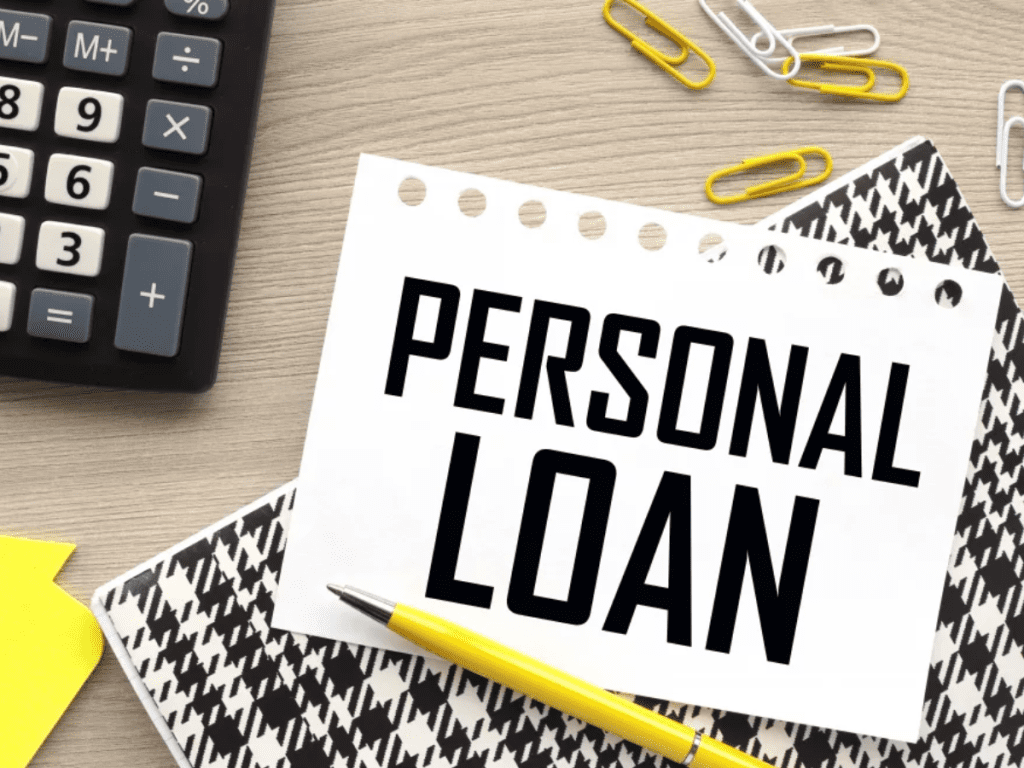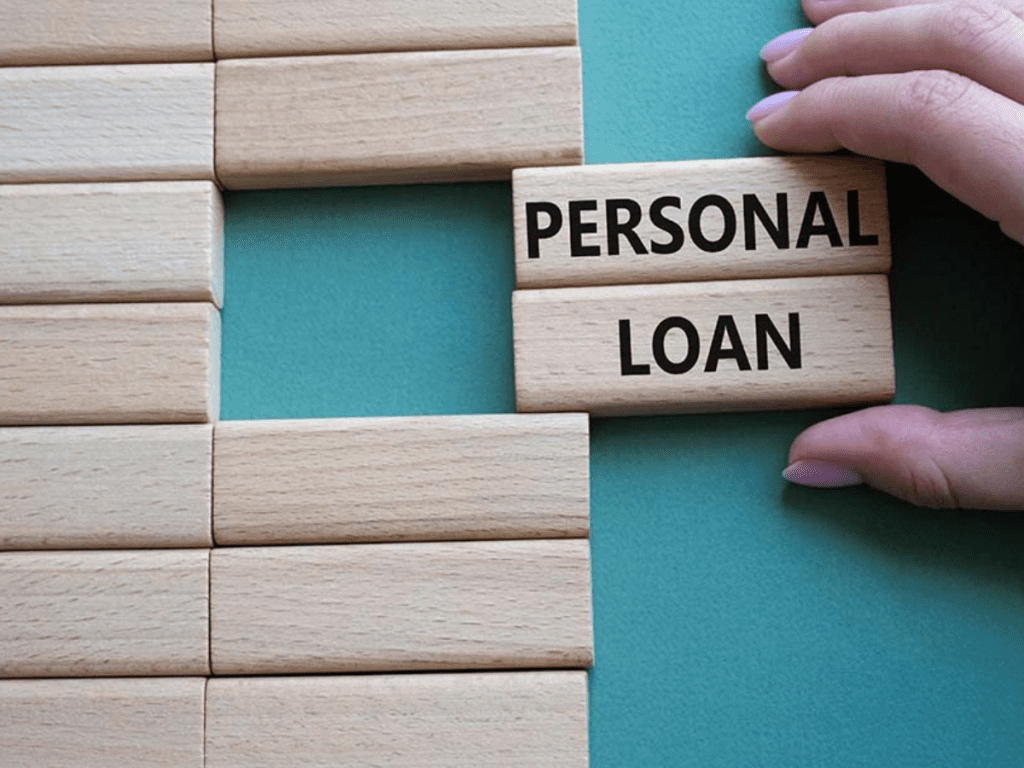Introduction
Managing debt is a challenge that many people face at various stages in their lives. Whether it’s due to student loans, credit cards, medical bills, or personal loans, the stress of managing multiple payments can be overwhelming. One solution that many individuals find helpful is debt consolidation. Debt consolidation allows you to combine all of your debts into a single loan, making it easier to manage and, in many cases, saving money in the process. A personal loan for debt consolidation is one of the most popular options for achieving this. In this article, we will explore how to use a personal loan for debt consolidation, its benefits, and how to make the most out of this strategy.
What is Debt Consolidation?
Debt consolidation is the process of combining several debts into one single loan with a lower interest rate. The goal is to simplify the repayment process by reducing the number of monthly payments and ideally lowering the total interest rate. When you consolidate, you take out a new loan that pays off your existing debts, leaving you with just one monthly payment. This can be done through various means, but using a personal loan for debt consolidation is one of the most straightforward approaches.
A personal loan is an unsecured loan, which means it does not require collateral. This can be an appealing option for individuals who do not have assets to offer as collateral. Personal loans for debt consolidation are typically offered by banks, credit unions, and online lenders. They are usually repaid in fixed monthly installments over a set period, and the interest rate on a personal loan can be lower than the rates on credit cards or other high-interest loans.
Why Use a Personal Loan for Debt Consolidation?
- Lower Interest Rates: One of the primary reasons people opt for debt consolidation with a personal loan is the potential to lower their interest rates. If you have high-interest credit cards or other loans, consolidating them with a personal loan can save you money over time. Personal loans typically have fixed interest rates that can be much lower than the variable rates of credit cards.
- Simplified Finances: Managing multiple debts can be confusing and stressful. With different due dates, varying interest rates, and different creditors to deal with, it’s easy to miss payments or forget about certain debts. By consolidating your debts into one loan, you only need to manage one payment and one due date, making your finances much easier to track.
- Fixed Monthly Payments: Personal loans for debt consolidation usually have fixed interest rates and fixed monthly payments. This means you know exactly how much you will need to pay every month, which can make budgeting easier. You can also choose the repayment term that suits your financial situation, whether it’s 12 months, 24 months, or longer.
- Improve Your Credit Score: If you are using credit cards to manage multiple debts, the balances are likely to be high compared to your credit limits. This can negatively impact your credit score. By consolidating your debts and reducing your credit utilization, you can potentially improve your credit score over time. Additionally, if you make timely payments on your personal loan, your credit score may improve as well.
- Faster Debt Repayment: Personal loans usually come with set repayment terms, such as two or three years. By consolidating your debt into a personal loan with a shorter repayment period, you could pay off your debts faster. While this might increase your monthly payment, it can save you money in interest in the long run.
Steps to Use a Personal Loan for Debt Consolidation
- Assess Your Debt Situation The first step in using a personal loan for debt consolidation is to assess your debt situation. Make a list of all your outstanding debts, including credit card balances, personal loans, and any other outstanding loans. Note the interest rates, monthly payments, and due dates for each of these debts. This will give you a clear picture of your debt load and help you determine how much debt you need to consolidate. It’s also important to check your credit score before applying for a personal loan. A higher credit score can help you qualify for better loan terms, including a lower interest rate.
- Research Lenders and Loan Terms Once you have a clear understanding of your debt situation, the next step is to research lenders and loan options. Personal loans for debt consolidation are available from a variety of sources, including traditional banks, credit unions, and online lenders. Each lender will have its own terms, including interest rates, loan amounts, repayment terms, and fees. Some lenders may offer lower interest rates for borrowers with good credit, while others may specialize in providing loans to individuals with less-than-perfect credit. Take the time to compare different lenders to find the best loan terms for your situation. Look for a lender that offers a low-interest rate, reasonable fees, and a repayment term that aligns with your financial goals. Many online lenders also allow you to check your loan terms with a soft inquiry, which doesn’t affect your credit score.
- Apply for the Personal Loan Once you’ve chosen a lender, it’s time to apply for the personal loan. The application process will typically involve submitting financial documents, such as your income statements, tax returns, and information about your existing debts. The lender will use this information to determine your eligibility for the loan and your interest rate. When applying for a debt consolidation loan, be honest about your financial situation. Lenders will assess your creditworthiness, so it’s important to provide accurate information about your income, employment history, and existing debts.
- Use the Loan to Pay Off Your Debts If your loan is approved, you will receive the funds, which can be used to pay off your existing debts. It’s important to use the loan exclusively for debt consolidation purposes. Avoid the temptation to use any leftover funds for other expenses, as this will only add to your financial burden. Once the loan funds are disbursed, pay off all your existing debts with the loan proceeds. This includes credit card balances, personal loans, and any other outstanding loans that you are consolidating. After your debts are paid off, you will be left with a single loan that you must repay according to the terms outlined in the loan agreement.
- Repay the Loan After consolidating your debts into a single loan, make sure to keep up with your monthly payments. Set up automatic payments to ensure you never miss a due date. Making timely payments will help you avoid late fees and prevent any damage to your credit score. If possible, consider making extra payments or paying more than the minimum payment to pay off the loan faster and save on interest. Keep in mind that debt consolidation is not a one-time fix. It’s important to continue managing your finances responsibly to avoid accumulating more debt. Avoid using credit cards and other loans for non-essential purchases, and create a budget to track your spending and stay on top of your finances.
Risks of Using a Personal Loan for Debt Consolidation
While using a personal loan for debt consolidation can be an effective strategy for simplifying your finances, there are some risks to be aware of:
- Additional Fees: Some lenders may charge fees for loan origination, prepayment, or late payments. Make sure to carefully review the loan agreement and ask about any fees before accepting the loan.
- Temptation to Accumulate More Debt: Consolidating your debts into one loan can make it easier to manage your payments, but it’s important not to fall into the trap of accumulating more debt. If you continue to use credit cards or take out new loans while consolidating your existing debt, you could end up in an even worse financial situation.
- Longer Repayment Terms: While consolidating debt into a personal loan with a lower interest rate can save you money, it’s important to keep an eye on the loan term. Some debt consolidation loans may have longer repayment periods, which could result in paying more interest over time.
Conclusion
Using a personal loan for debt consolidation can be an excellent strategy for simplifying your finances and saving money. By consolidating multiple high-interest debts into one loan with a lower interest rate, you can make managing your finances easier and potentially reduce the total amount of interest you pay over time. However, it’s essential to do your research, compare loan options, and use the loan responsibly to avoid accumulating more debt. With careful planning and disciplined repayment, a personal loan for debt consolidation can be a powerful tool in your journey toward financial stability.

